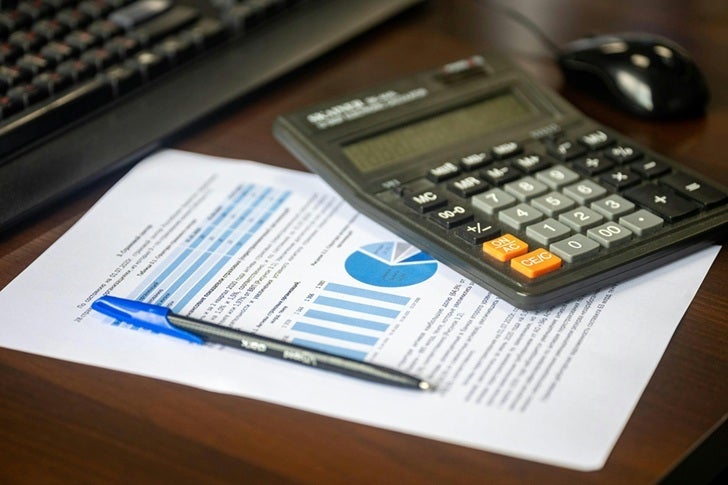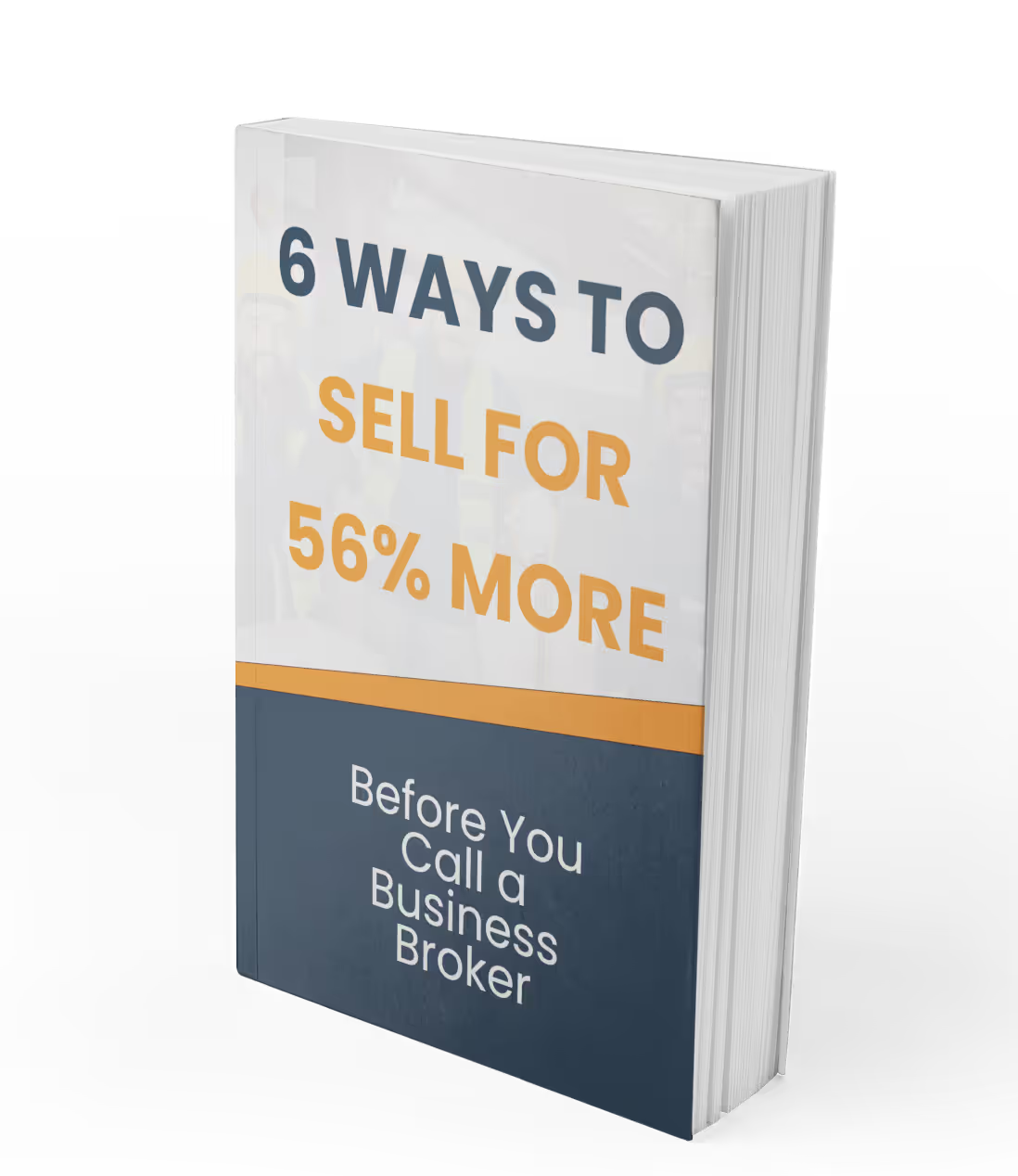Understanding Business Valuation

Why Business Valuation Is Critical
Every business owner reaches a pivotal moment—what is my business really worth? Whether you are preparing for a sale, securing financing, or planning for the future, understanding your business’s valuation is essential.
A well-prepared valuation is not just about numbers; it is about uncovering hidden value, optimizing performance, and positioning your company for maximum profitability. However, many business owners underestimate their worth or, worse, fail to take action until it is too late.
At Exit Factor, we help business owners take control of their valuation and strategically increase their business’s market value. Here is what you need to know to get started.
Factors That Influence Business Valuation
Your business is not valued solely on revenue—it is a combination of multiple factors that determine what buyers are willing to pay.
Key factors that impact valuation:
- Revenue and Profitability – A growing, profitable business commands a higher multiple.
- Recurring Revenue – Consistent, predictable income streams increase value.
- Industry and Market Conditions – Demand for businesses in your sector can influence pricing.
- Operational Efficiency – Streamlined operations and low overhead make your business more attractive.
- Customer Base – A diversified client base reduces risk and increases stability.
- Scalability – Buyers look for businesses that can grow without heavy investment.
- Owner Dependency – If your business relies entirely on you, it is worth less to buyers.
Knowing these factors allows you to take action now to improve your valuation before it is time to sell.
Common Methods Used to Value Businesses
Valuing a business is not a one-size-fits-all approach. Here are the most commonly used valuation methods:
- Earnings Multiple (EBITDA or SDE Multiples) – Most small to mid-sized businesses sell based on a multiple of their Earnings Before Interest, Taxes, Depreciation, and Amortization (EBITDA) or Seller’s Discretionary Earnings (SDE). The stronger the business, the higher the multiple.
- Asset-Based Valuation – Businesses with significant tangible assets, such as real estate or equipment-heavy industries, may be valued based on net asset value.
- Revenue-Based Valuation – Used in high-growth industries, such as SaaS or subscription-based businesses, where revenue consistency and growth rate determine valuation.
- Market Comparisons – Looking at recent sales of similar businesses in your industry can provide a benchmark for valuation.
Understanding these methods gives you the power to position your business for the highest possible valuation.
Preparing for a Business Valuation
A strong valuation starts with preparation. Before you can get an accurate number, you need to clean up your financials, optimize operations, and document key business metrics.
Here is what you need to prepare:
- Financial Statements – Ensure your profit and loss statements, tax returns, and balance sheets are up to date.
- Revenue Trends – Buyers look at three to five years of financial performance. Consistency and growth are key.
- Operational Efficiency – Have clear systems in place that allow the business to function without excessive owner involvement.
- Tangible and Intangible Assets – List all business assets, including equipment, patents, and intellectual property.
- Customer and Vendor Agreements – Secure long-term contracts that create stability.
- Key Employees and Succession Planning – A strong management team increases business value.
The better your business is positioned today, the higher the price you can command tomorrow.
How Exit Factor Can Assist with Business Valuation and Maximizing Value
At Exit Factor, we specialize in helping business owners:
- Understand their true business worth with professional valuations.
- Identify areas of improvement to increase valuation before a sale.
- Develop exit strategies that position them for the best possible deal.
- Connect with qualified buyers when the time is right.
Our clients see an average 25 percent increase in profitability and higher business valuations simply by following our proven strategies. If you want to maximize your business’s value, do not wait until you are ready to sell—start today.
FAQs About Business Valuation
How often should I get a business valuation?
Ideally, every one to two years—even if you are not planning to sell. Knowing your valuation helps guide growth decisions.
What industries get the highest valuation multiples?
Businesses with recurring revenue, strong margins, and low owner dependency tend to get higher multiples, such as those in technology, healthcare, and professional services.
Can I increase my valuation before selling?
Absolutely. Most businesses can increase valuation by improving profitability, streamlining operations, and reducing owner dependency.
How long does the valuation process take?
A professional business valuation typically takes a few weeks, depending on the complexity of your business.
What is the biggest mistake owners make regarding valuation?
Waiting too long. Business owners often assume they can fix valuation issues right before selling, but strategic improvements take time. Start now.
Take the First Step Toward Understanding Your Business’s Worth
Whether you are planning to sell soon or simply want to increase profitability and long-term value, knowing your business’s worth is the first step to a successful exit.
At Exit Factor, we help business owners maximize their valuation, improve operations, and develop profitable exit strategies.
6 Ways to Sell Your Business for 56% More BEFORE YOU CALL A BROKER
We have a free tutorial and video walk through of what business owners can do to dramatically improve the sale of their business.







